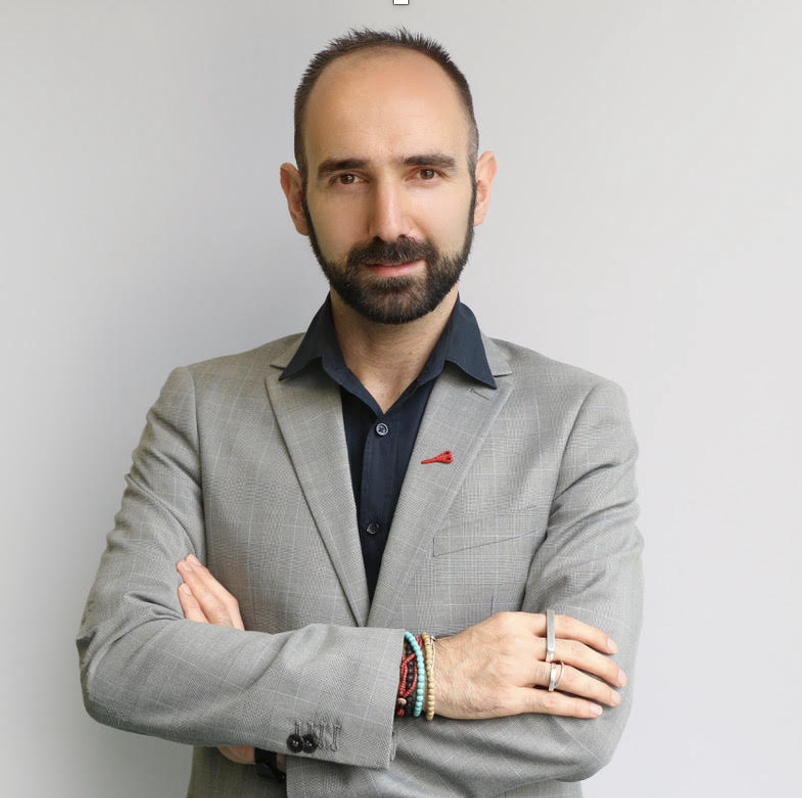
Hakan Karoasman
Dr. Hakan Karoasman is an Assistant Professor at the University of Cardiff, Visiting Assistant Professor at University College Dublin, Chair of the Union of Concerned Researchers in Fashion (UCRF), and Communications Director of the International Purchasing and Supply Education and Research Association (IPSERA). He is currently developing FReSCH alongside Prof. Donna Marshall. FReSCH (Fashion’s Responsible Supply Chain Hub) explores social justice across complex supply chains amidst climate action. Fashion brands deliver dozens of collections a year using petroleum-based synthetics and their purchasing practises are driven by profit maximisation, cost-reduction tactics and arms-length risk mitigation strategies. This business model has resulted in globally dispersed, fragmented and very complex supply networks across which there exist horrendous social and environmental scandals. The way sustainability in contextualised must be challenged. When powerful actors driven by self-interest dominate these conversations the underlying conditions of our broken value system are not questioned, changed or rejected.
“Using ‘sustainability’ as a smokescreen while, in reality, promoting excess signals corporate hypocrisy, social offsetting and greenwashing. Our research is building scientific tools and knowledge to explain how to deal with supply chain issues (power imbalance, trust deficits, tensions, and paradoxical issues) at the intersection of social justice and environmental transition. We need solution-oriented, inclusive conversations for just transition whereby everyone working across these vast networks can be empowered, not just the power holder. Just transition starts with inclusive social dialogues where we let every stakeholder group speak and participate.”